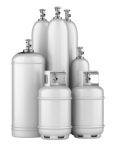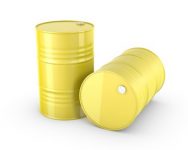SPCC Plans and Secondary Containment Options for Mobile Tanks
Q. If we have an independent contractor come to our facility for 60 days each year with a 4000-gallon diesel tank, will we need to add their tank to our plan or have them develop a plan? What options do we have for secondary containment for mobile tanks?










